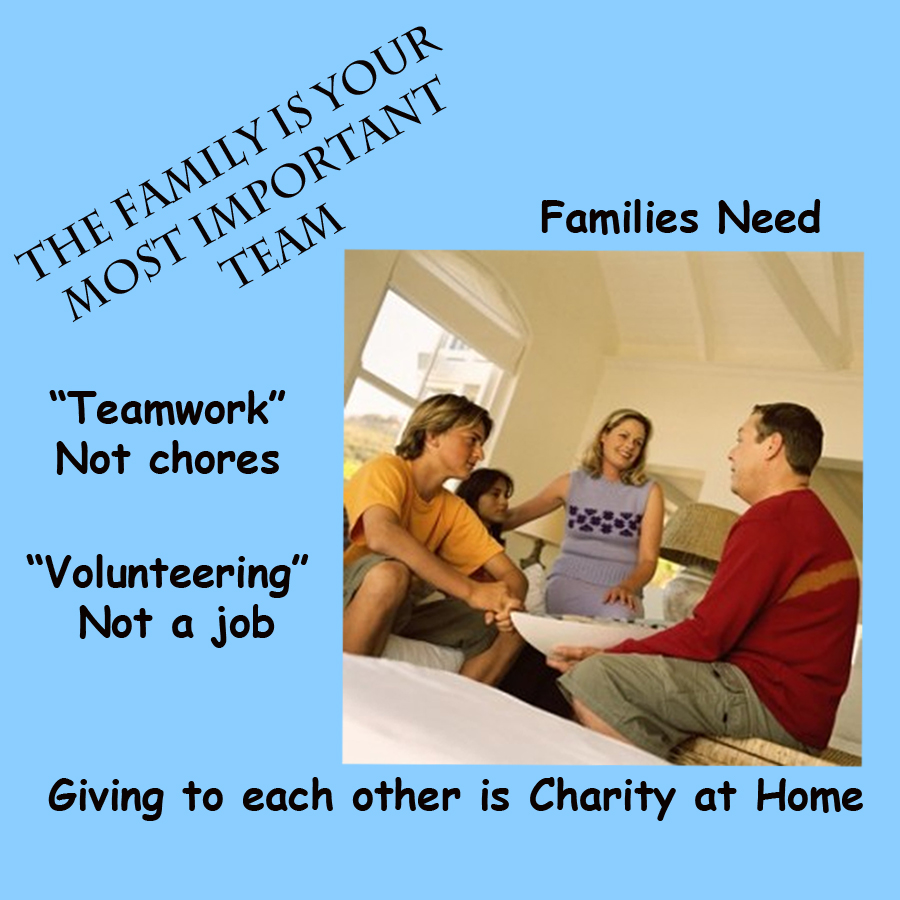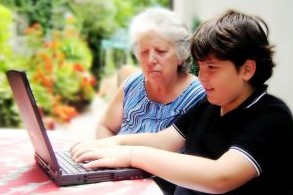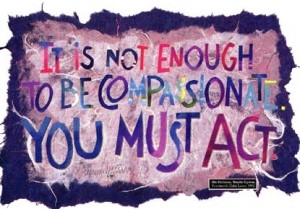All parents and teachers must believe that the work they are doing with their children and students will create the qualities that we value the most. You might ask yourself, “What qualities do I value the most in my own life and how am I teaching my children these values?” In my own experience I believe that we will never change the personality of our children but our mission as parents and teachers is to pass on to our children values, morals and ethics.
At Balanced Life Skills we value compassion, awareness and respect. I believe that if we can become aware of our affect on situations and others, if we are mindful of our affect we can then demonstrate compassion and respect. As we follow through on these, we will be building peace, in ourselves, our community and the world.
Learning to listen, actively listen, is one of the cornerstones to building awareness, compassion and respect. Teaching good listening skills begins with us modeling active listening skills. Here are a few tips in good listening:
- Listen without interrupting a child
- Suspend your own thoughts
- Empathize with what is being said
- Non verbal language by nodding, leaning in to the speaker
- Avoid looking around (or at your phone / computer)
If you’re a teacher with a large class of students you may want to have a sign that indicates that you need their attention, along with the words “Please look at me” or something similar. Teach your students if they are addressing the class, to use the same words and signs to gain the classes attention. This empowers the student speaking and the feelings of respect are being developed.
In the coming weeks look for our curriculum on Listening Skills as a part of the Balanced Life Skills Way for all of our students.

 Where does this begin? It is my belief that contribution of our time should begin at home with our family, and be started early in life. Our family is our “most important team” we can contribute to. Learning to volunteer our time to support the “team” by doing our part, helping others, or supporting the good of the family is how we learn to do so for others.
Where does this begin? It is my belief that contribution of our time should begin at home with our family, and be started early in life. Our family is our “most important team” we can contribute to. Learning to volunteer our time to support the “team” by doing our part, helping others, or supporting the good of the family is how we learn to do so for others. The next question is how can we use those talents to help others?Could they perform and entertain either to make money to be donated, or just to cheer someone else up? How could they use their love for animals to actually help those animals that had lost their home? What could they do a piece of art work for, how could it be used to make someone feel better?
The next question is how can we use those talents to help others?Could they perform and entertain either to make money to be donated, or just to cheer someone else up? How could they use their love for animals to actually help those animals that had lost their home? What could they do a piece of art work for, how could it be used to make someone feel better?
